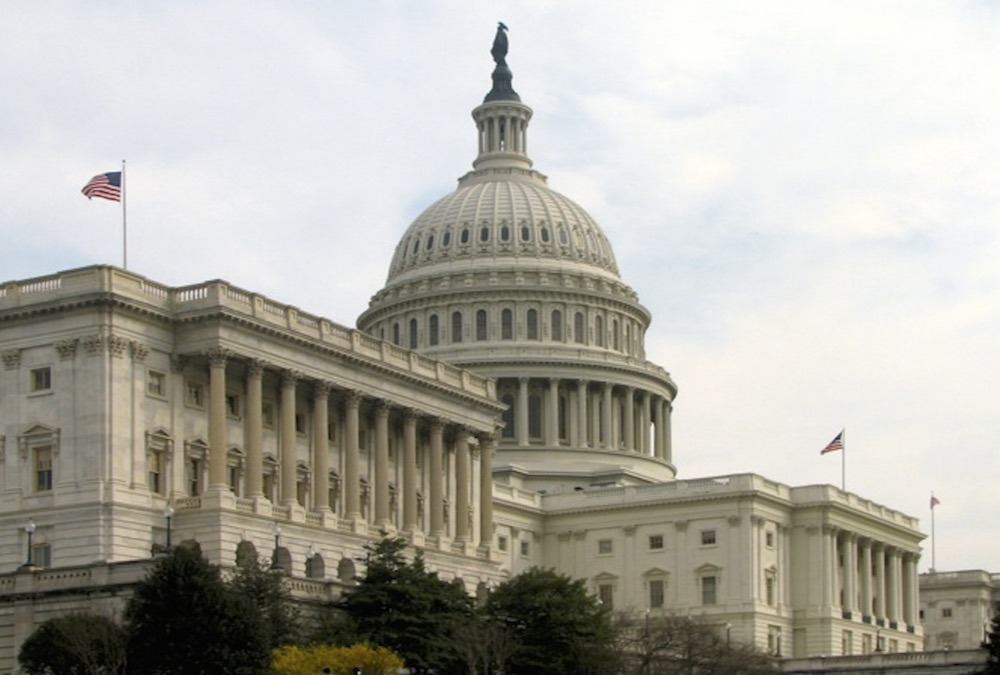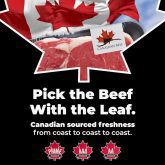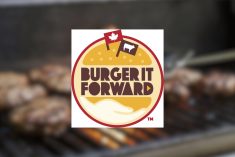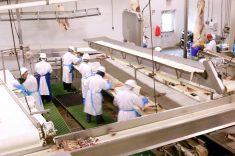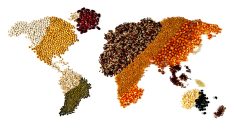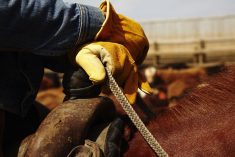The problem with politics is that relative conservatives just want to be left alone to do things without unnecessary interference. Leftist activists want to save the world — or your world — by coercing behaviour.
Which is why leftist ag groups and their enablers — leftist, big-government politicians and bureaucrats — keep trying to force mCOOL on the cattle industry.
A recent segment on the Fox News channel openly called for mCOOL yet again and the Biden White House promised new labelling regulations in their attack on the Big Four U.S. packers. Of course, there is no way of knowing if the White House advisors really know anything about the issue or its history of failure or are just woofing for the cameras.
Read Also
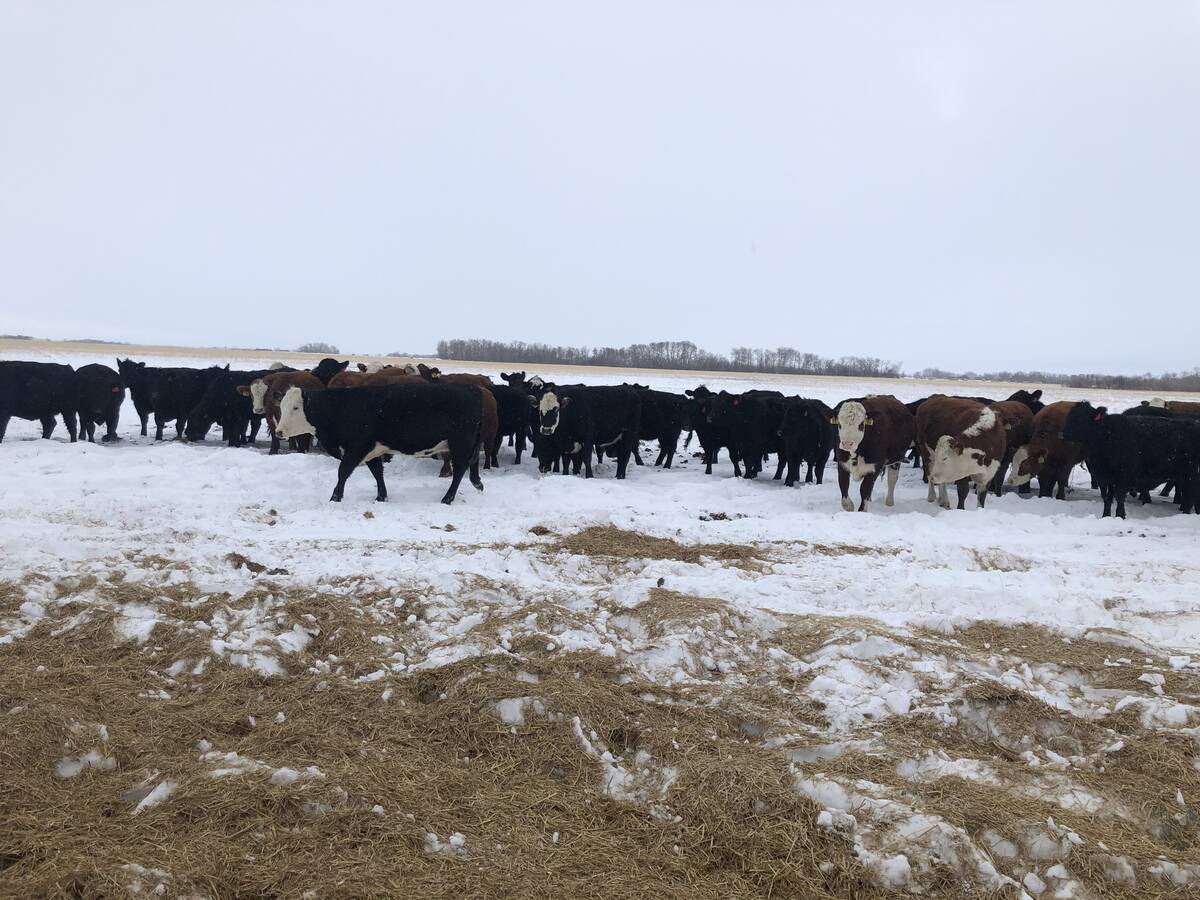
Picking the most efficient cows to rebuild your cow herd
A new cow ranking system to help beef farmers and ranchers pick the most efficient cows as they rebuild their herds.
Have retread Ag Secretary Tom Vilsack and a cadre of USDA lawyers figured out a way to mandate something bureaucratically?
The intent was concerning. The administration was promising to “Issue new ‘Product of USA’ labelling rules so that consumers can better understand where their meat comes from. Under current labelling rules, meat can be labelled ‘Product of USA’ if it is only processed here — including when meat is raised overseas and then merely processed into cuts of meat here.”
Of course, virtually no carcasses or primals are “raised overseas” and “processed into cuts” in the U.S.
The lack of knowledge is obvious. The White House went on to say “USDA has already begun its top-to-bottom review of the current labelling rules and consumers’ understanding of the labels, with the goal of new rulemaking to clarify ‘Product of USA’ standards.”
The Fox segment featured Tomi Lahren, a normally conservative commentator, who has come under the spell of R-CALF’s Bill Bullard’s mCOOL hypnosis. Being from South Dakota, with ranching relatives, Fox regards her as a legitimate beef industry source. Bullard has become expert at pulling the wool over the eyes of Washington types with no understanding of production agriculture. One host queried if meat price inflation was caused by foreign beef “flooding the U.S. market.” That came from Lahren’s charge that meat packers import cheaper foreign beef and “pass it off as product of the USA.” All cattle producers want is a COOL label, she said. Another host concluded that “a country-of-origin label doesn’t seem like too much to ask.”
It is — and most cattle producers don’t.
Frankly, if a fleet of USDA lawyers couldn’t before figure out a way around the Constitution, international trade laws and WTO regulations, I’m not sure Biden’s legally subversive and blatantly far-left bunch can. Not that they wouldn’t try, like they did mandating COVID-19 vaccines. It took groups rising up and suing the federal government to stop the vaccine mandates. But it is expensive and slow to be suing your own government all the time — not always successfully.
Which brings up another law — and lawsuits. The idea of a drastic shortage of bacon and pork in California seemed preposterous — except to California voters, who have turned the state into some sort of Kafka-esque Disneyland.
While the California bureaucrats tried to soften proposed regulations in late 2021, they said they were limited because the 2018 referendum was very humane-society-of-the-U.S.-specific and detailed, with little wiggle room for regulators.
Appeals to state and federal courts, including the U.S. Supreme Court, had failed. But finally, on a relative technicality, a Superior Court judge in Sacramento County slapped an injunction on enforcement of the laws engendered by Proposition 12 until 180 days after the state issues final regulations. The state was to have promulgated regulations by September 2019 but still hasn’t.
A severe shortage of pork products had been predicted since few producers could meet the space requirements prescribed by the law. Seaboard Foods, the U.S.’s second-biggest pig producer, had already said it would limit sales of certain products in California due to Prop 12.
The U.S. Constitution Commerce Clause forbids states from restraint of trade via requirements with other states. But federal courts so far have refused to apply the clause to California.
The North American Meat Institute (NAMI) represents 95 per cent of U.S.-processed pork and specifically notes the law includes criminal sanctions and civil litigation on players throughout the production chain, including grocers and food service. That could mean a restaurant that ordered bacon from a supplier that didn’t have the proper certification documents could face criminal sanctions, according to Food Safety News.
The suit in Sacramento was brought by the Hispanic Chamber of Commerce. They had asked for a 28-month delay and were granted 180 days. But the decision specified that after final regulations are issued, the “parties may return to this court for an appropriate adjustment to the date.”
The U.S. Supreme Court last summer refused to hear a case brought by NAMI. Another petition to the court filed by the National Pork Producers and American Farm Bureau is still pending.

